- The region is particularly affected by climate change as it is warming twice as fast as the rest of the world
- Increasing share of renewable energy requires stronger grids

The energy transition is the largest investment project since the industrial revolution. Humanity faces enormous challenges in dealing with climate change. The Middle East and North Africa region is particularly affected by climate change because it is warming twice as fast as the rest of the world. Extreme heat and water scarcity have been a reality here for decades.
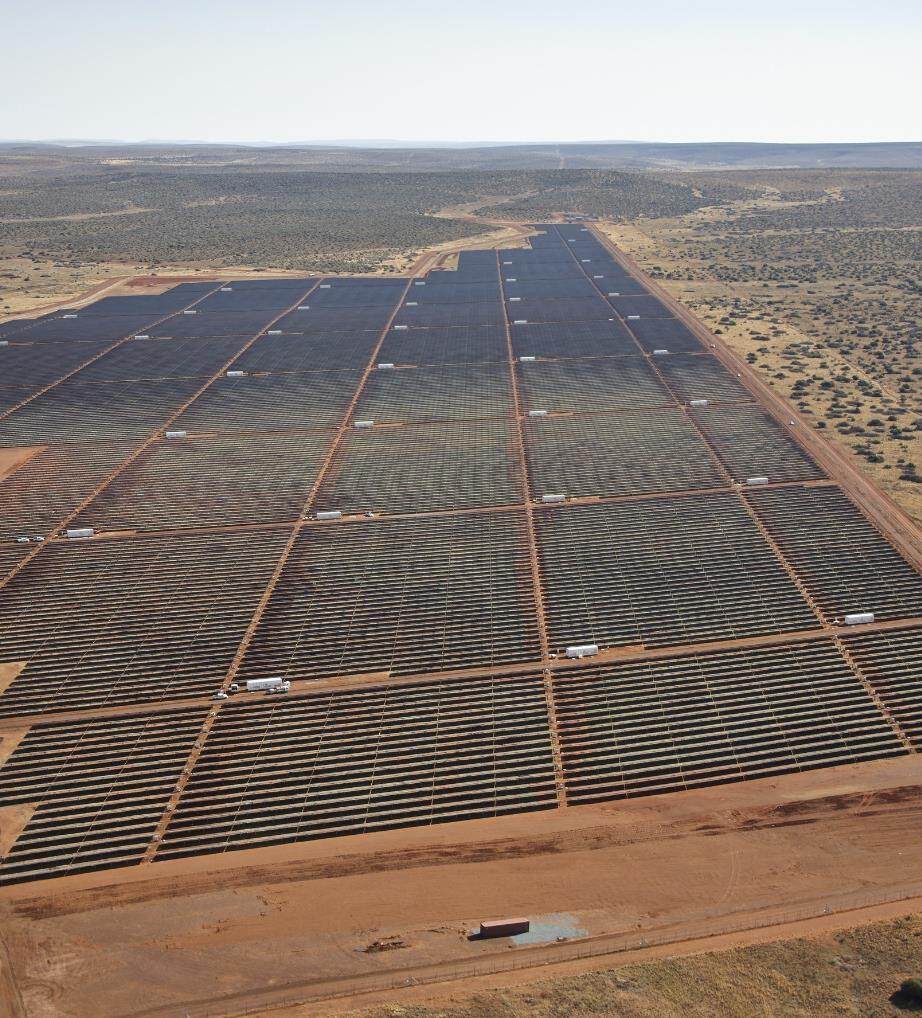
In the summer of 2022, we saw the other extreme, as torrential rains flooded several states in the Mina region, turning dry riverbeds into raging torrents. If we want to achieve rapid change, we need to act now. The most recent Intergovernmental Panel on Climate Change report shows very clearly that without major changes, global warming will be 3.2°C above pre-industrial levels. To limit warming to 1.5°C above pre-industrial levels, emissions would need to be reduced by 45% by 2030 compared to 2019 levels.
Europe and Middle East and North Africa
However, the energy transition will only happen if solutions to the trilemma of making energy more reliable, affordable and sustainable are found. This is clearly evidenced by the situation in Europe, which is currently learning the hard lessons of its reliance on Russian gas leading to unprecedented price increases and concerns about supply conditions.
There are serious questions about whether enough energy is available and still affordable. The short-term focus has shifted to security and affordability of supply. In the Middle East and North Africa region, the issue of reliable and affordable energy is not a big deal. The main challenge in this region is sustainable production. Due to its location, the region has great potential for producing renewable energy – and it is already recognizing the signs of the times.
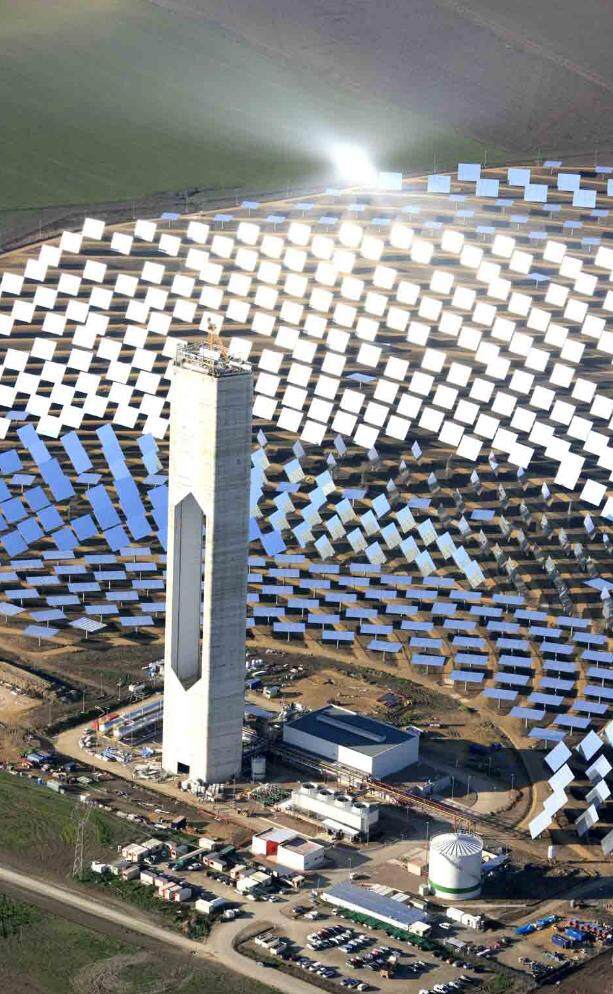
This is the fastest growing renewable energy market, according to the International Energy Agency's Renewable Energy 2020 report. A comparison between Europe and the MENA region highlights the fact that there is not just one energy transition; each region has its own challenges, and each country has different obstacles and goals, so specific answers are needed to promote its energy transition.
Together with Roland Berger, we invited around 2,000 experts to participate in a survey on a range of key energy priorities and report on the progress of the energy transition in their region. We used this data to calculate an Energy Transition Readiness Index for each region and compile a report describing their perceived readiness for the transition to net-zero emissions.Editor/XingWentao
Comment
 Praise
Praise
 Collect
Collect
 Comment
Comment
 Search
Search


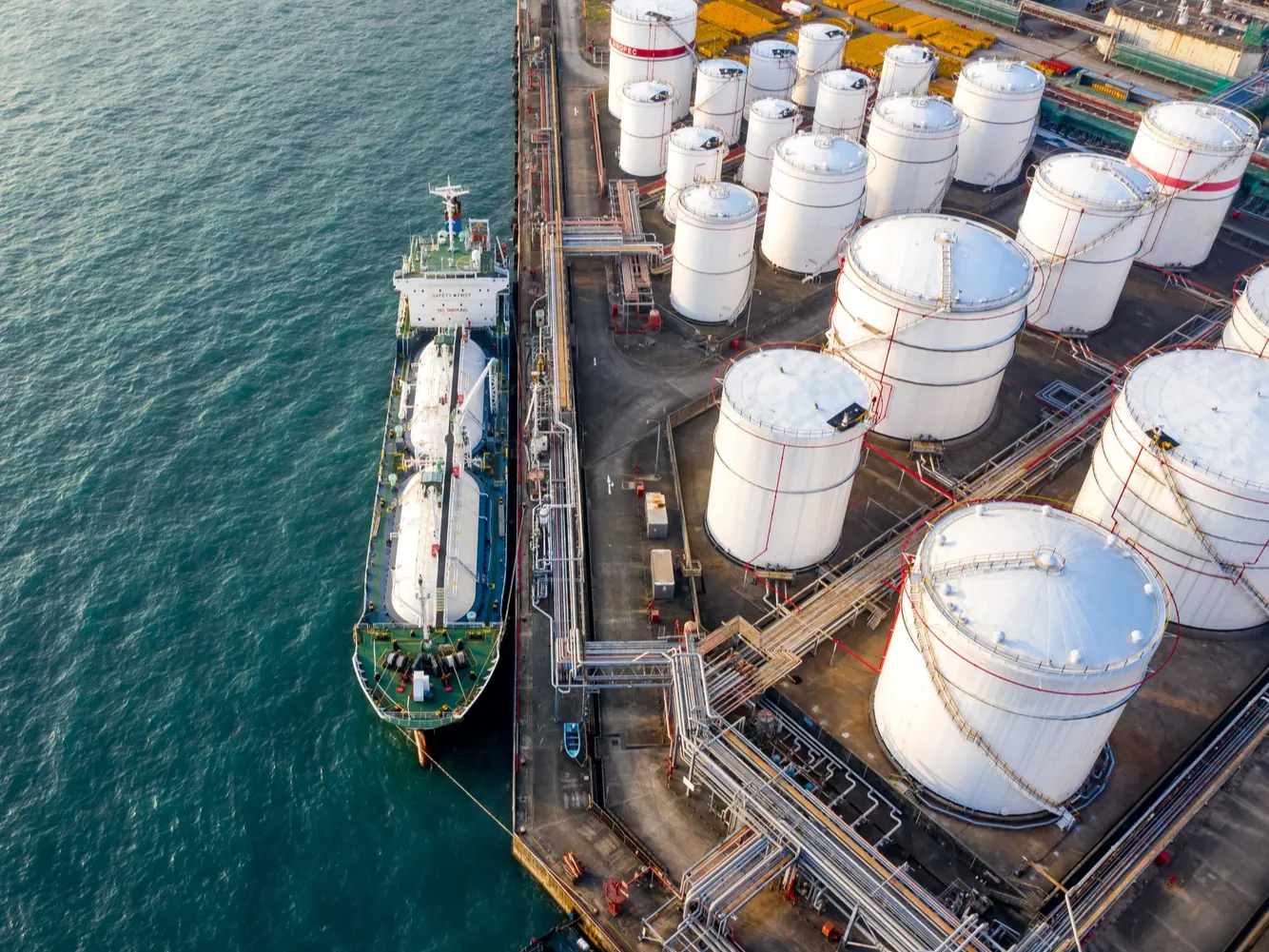
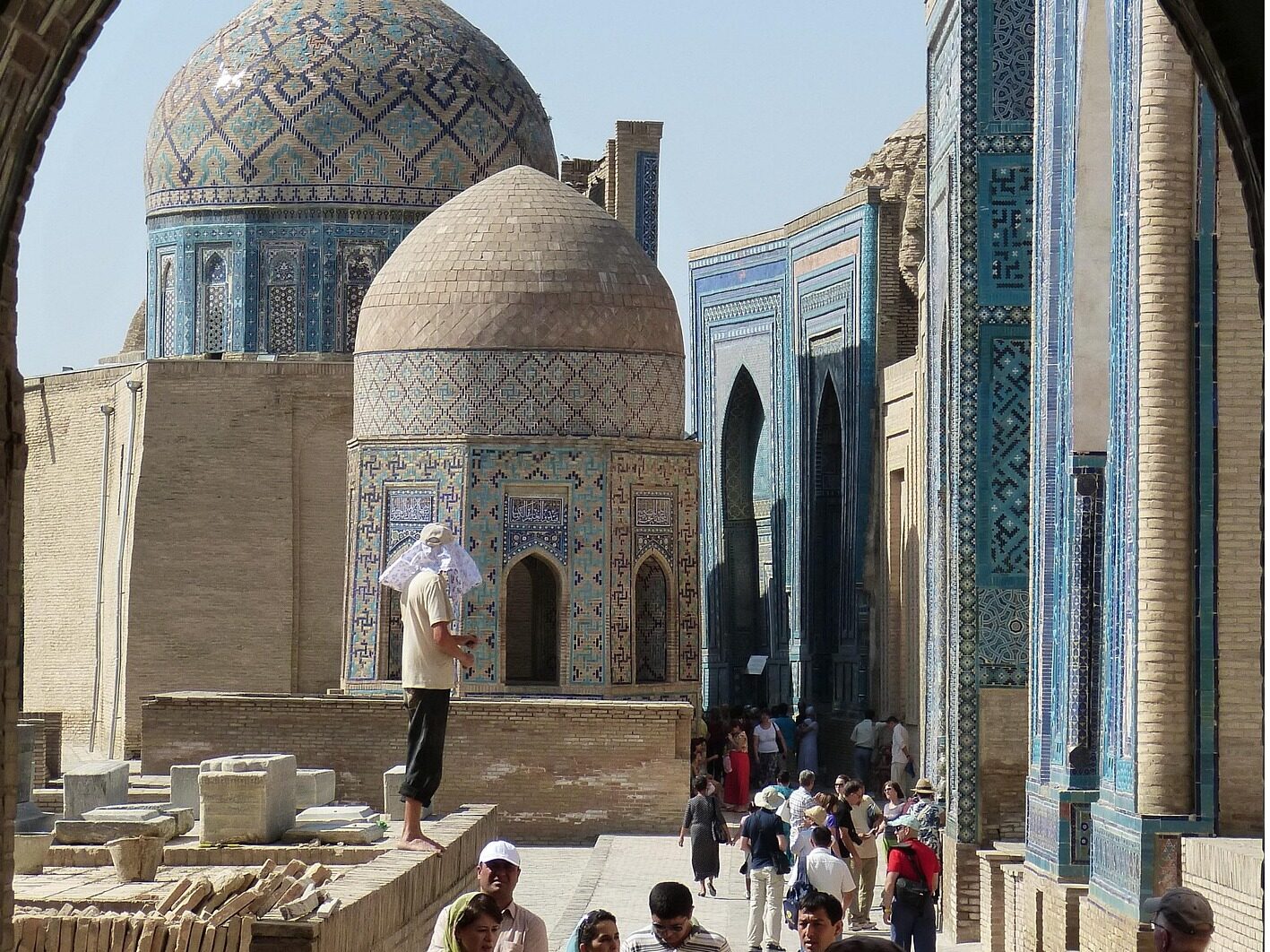
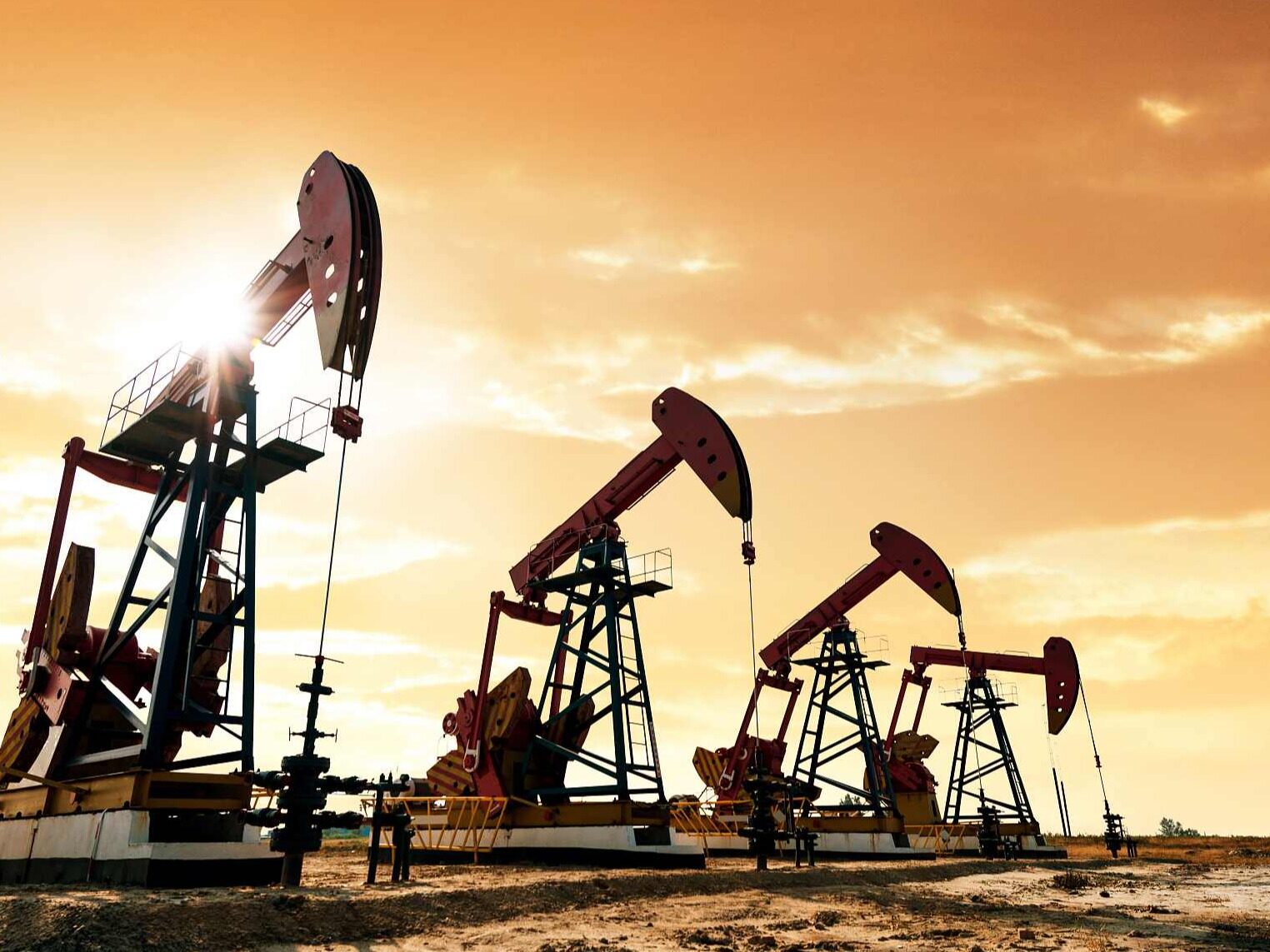


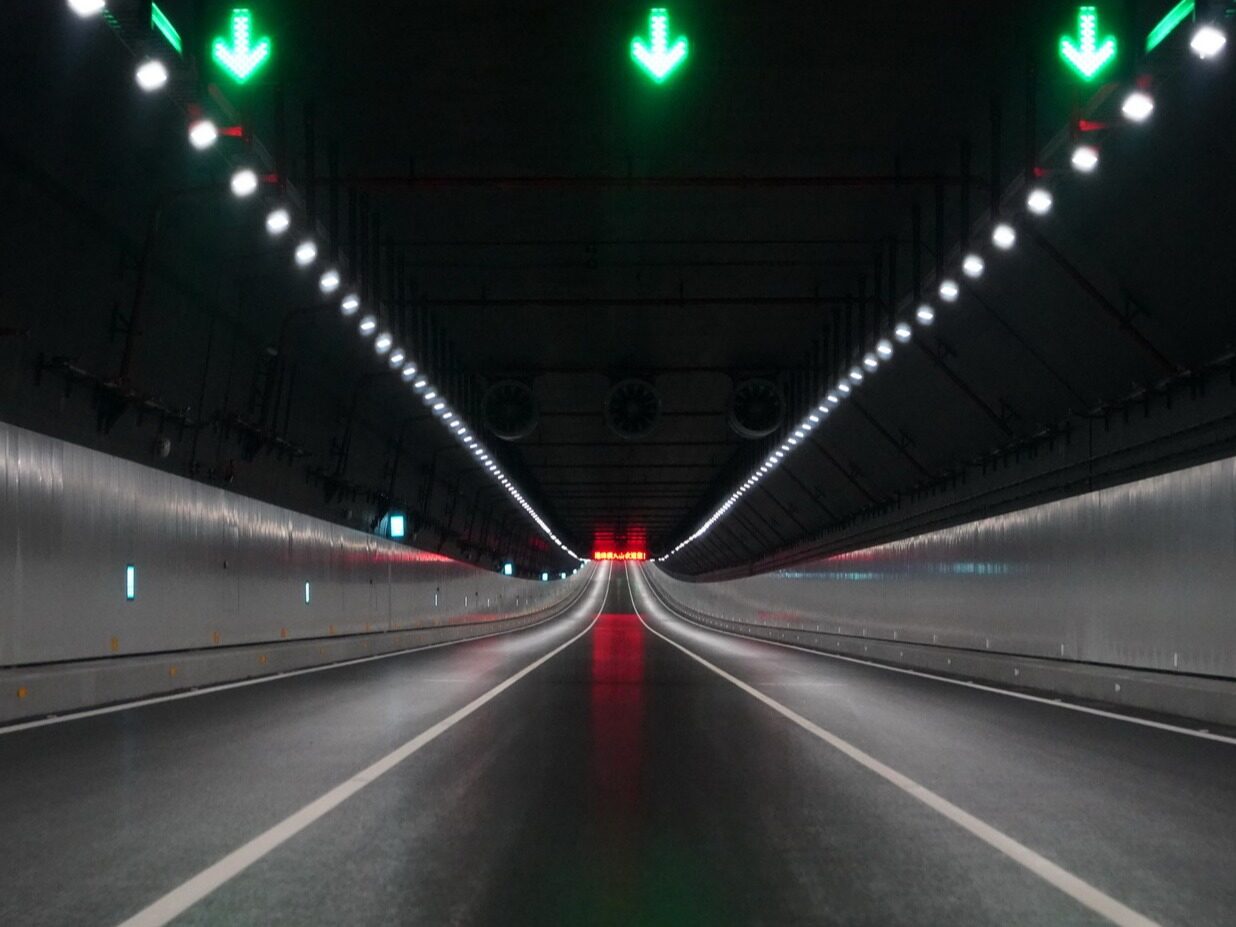






Write something~